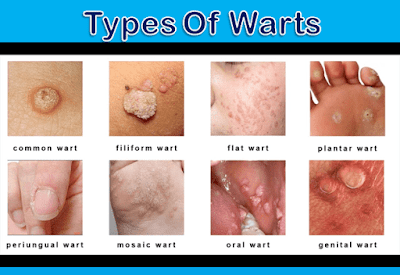AM I EATING RIGHT FOOD? I HAVE DIABETES.
The person who is suffering from diabetes always has question that “am I eating right food?”
Healthy diet is a key to
manage diabetes. For most of the patients diabetic diet means giving up all
favorite foods, boring diet plan and high cost specialized complicated food.
Mostly they are surrounded by myths provoked by people around. And they start
binging the specialized food without knowing the fact that with little
moderation and translation of routine food into variety, healthy diabetic diet
can be attained.
MYTH: I
must avoid sweets/desserts.
FACT: You can enjoy sweets, condition you are
taking in limited amount and in limited frequency.
MYTH: I
have to cut down on carbohydrates.
FACT: All carbohydrates are not as bad as considered.
You just have to do detective work and slash starchy carbohydrates. Pick good
carbohydrates such as whole grain since they are fiber rich and digest slowly,
thus keeping your blood sugar within normal range. Not to forget amount and frequency.
MYTH: I
need high cost specialized complicated food.
FACT: You don’t have to wander for mesmerizing
market promoted products. These expensive foods offer no special benefits. Rule
is you can eat same food as eaten by non-diabetic but after diet planning.
MYTH: I can
bing on diabetic specialized food.
FACT: You cannot bing on diabetic food. You can
take these items but in moderation. Binging will shoot up your glucose.
|
PLANNING DIET
|
When you are trying to
control diabetes or its complications, your nutritional requirements are same
as of non-diabetic. But your nutritional amount needs to be tailored according
to the requirement and associated complaints. It means whether you have to
control your blood glucose (sugar), manage your weight or/and to control risk
of heart (is like a transporter,
which collects blood carrying waste carbon dioxide from the body, and
distribute blood with fresh oxygen throughout the body) disease, kidney (a bean
shaped organ that extract waste from blood, balance body fluids, form urine)
disease, neuron (a fundamental unit of the brain responsible for receiving
sensation, for sending commands to different organs) disease or eye (used for
vision) diseases.
√ Never skip
meals.
√ Stick to your diet plan.
√ If you have favorite foods, discuss with your dietitian how to manage eating them occasionally.
√ Lose weight under guidance of doctor or registered dietitian.
√ Take small frequent meals.
√ Stay physically active.
√ Slow and gradual weight loss.
√ Be active in routine monitoring of blood sugar.
√ Always satiate yourself before leaving for market.
√ Check nutrition facts in packaged food.
X Skipping meals.
X Binging.
X Speedy weight loss.
|
TAKE HOME MESSAGE
|
If you don’t plan your meal, uncontrolled
diabetes can increase risk of several serious maladies like heart disease,
kidney failure, retinopathy, non-healing diabetic foot ulcer etc.
By eating healthier, being more physically active, and losing
weight gradually, you can manage diabetes or even reverse diabetes. So consult a good doctor or dietitian nearby to help you.
KK’s Homeopathy Wellness Center







eye opener
ReplyDeleteThank you Mr. Mohit
ReplyDelete